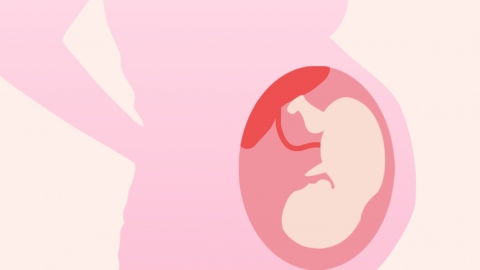Does crying once during the second trimester affect the fetus?
Generally, occasional crying during the second trimester that is brief and not accompanied by intense emotional fluctuations has minimal impact on the fetus. However, if crying is associated with prolonged emotional breakdowns or physical discomfort, it may adversely affect the developing baby. If concerned, it is advisable to consult a healthcare provider promptly. Detailed explanations are as follows:

If crying occurs only once due to a temporary emotional reaction during mid-pregnancy—such as feeling upset over minor issues or being moved emotionally—and is short-lived, with the pregnant woman quickly regaining emotional stability, without symptoms like chest tightness or abdominal pain, and with stable overall health, then the fetus is unlikely to be significantly affected. The protective cushion of amniotic fluid within the uterus shields the baby from brief emotional changes, and such instances generally do not require excessive concern.
However, if crying during the second trimester is accompanied by prolonged emotional distress, anxiety, or anger, leading to rapid breathing, increased heart rate, or even abdominal pain and abnormal fetal movements (such as a sudden decrease or sharp increase in activity), this may alter maternal blood circulation and impair oxygen and nutrient supply to the fetus. Over time, such conditions could potentially increase the risk of emotional sensitivity in the child after birth. These situations should be taken seriously.
Pregnant women in the second trimester should pay attention to emotional regulation and avoid extreme sadness or excitement. If occasional crying occurs, calming strategies such as listening to music or talking with family members can help restore emotional balance. If persistent low mood, physical discomfort, or unusual fetal movements occur, prompt medical evaluation is recommended to ensure the well-being of both mother and baby.




